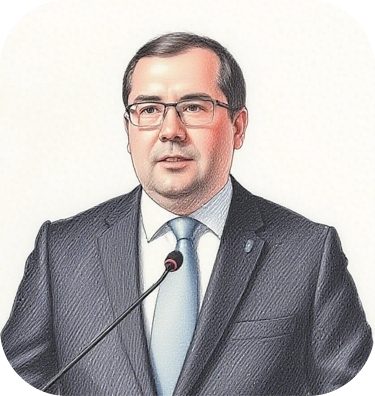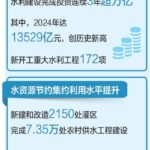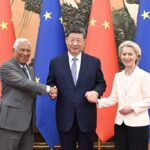Uzbekistan is actively learning from China’s successful experience in reducing rural poverty, increasing employment, and raising incomes to promote sustainable development and social progress.
Agriculture plays a significant role in Uzbekistan’s GDP, and its development directly impacts the country’s economy and livelihoods. Most of Uzbekistan’s impoverished population lives in rural areas, making poverty reduction inseparable from agricultural reform. Facing challenges such as climate change, water scarcity, and soil salinization, Uzbekistan is drawing lessons from China’s achievements in rural poverty alleviation, job creation, and income growth to drive sustainable development and social advancement.
China’s modernization is people-centered, having historically eradicated absolute poverty while actively assisting other developing nations in achieving self-reliant development and exploring poverty reduction strategies suited to their conditions. This holds great significance for global poverty alleviation efforts. One key factor in China’s success is mobilizing nationwide participation, with government agencies, social organizations, private enterprises, and the general public all contributing. For instance, China’s “Ten Thousand Enterprises Assist Ten Thousand Villages” initiative encourages private businesses to fulfill social responsibilities—an approach highly relevant to Uzbekistan.
China has also leveraged technology to significantly improve agricultural productivity. Currently, Uzbekistan and other Central Asian countries are adopting Chinese technologies such as drones and drip irrigation systems. Research institutions from both nations have established fruitful collaborations, with increasing exchanges and training programs. For example, Samarkand State University and the Xinjiang Academy of Agricultural Sciences are cooperating on high-yield, stress-resistant cotton and wheat varieties. The project involves testing Chinese cotton and wheat strains—known for high yields, disease resistance, pest resistance, and salt-alkali tolerance—on 20 hectares in Samarkand using combined agricultural techniques from both countries. Additionally, 15 young scientists and researchers from Samarkand State University will receive training at the Xinjiang Academy in cotton and wheat breeding and seed production.
Uzbekistan-China cooperation in poverty reduction strengthens ties at both governmental and grassroots levels, fostering friendship. Continuous collaboration in poverty alleviation training has become an important bridge for mutual understanding. In recent years, China has helped Uzbekistan train numerous professionals, contributing positively to the country’s reform and development. Over the past five years, thousands of Uzbek civil servants have attended advanced training programs in China covering poverty reduction, agriculture, public administration, entrepreneurship, economics, finance, and energy. These programs not only support Uzbekistan’s poverty alleviation efforts but also enhance its agricultural modernization. With Chinese experts’ assistance, 18 targeted poverty reduction projects have been developed across 14 regions in Uzbekistan. By sharing precision poverty alleviation strategies, Chinese experts help Uzbekistan implement tailored measures to advance economic and social reforms.
Cooperation between Uzbekistan and China in poverty reduction not only strengthens bilateral relations but also promotes sustainable development and improves public welfare. The future holds promising prospects for further collaboration and more positive outcomes in this field.




